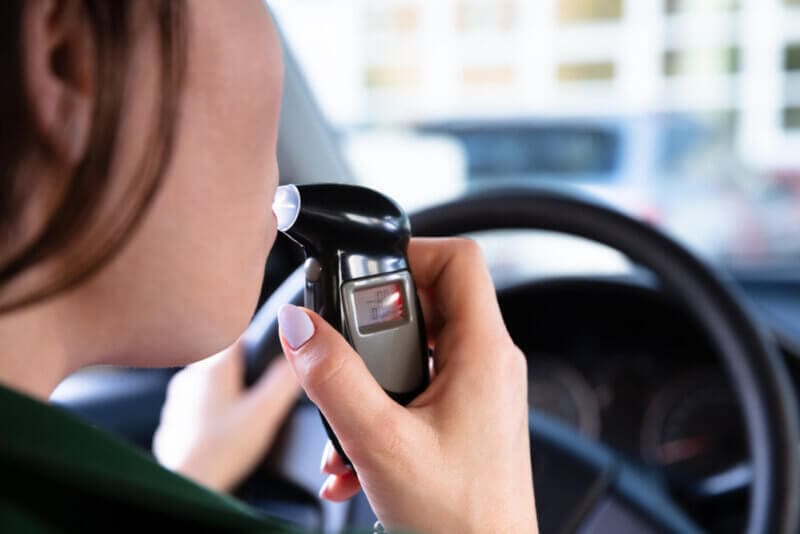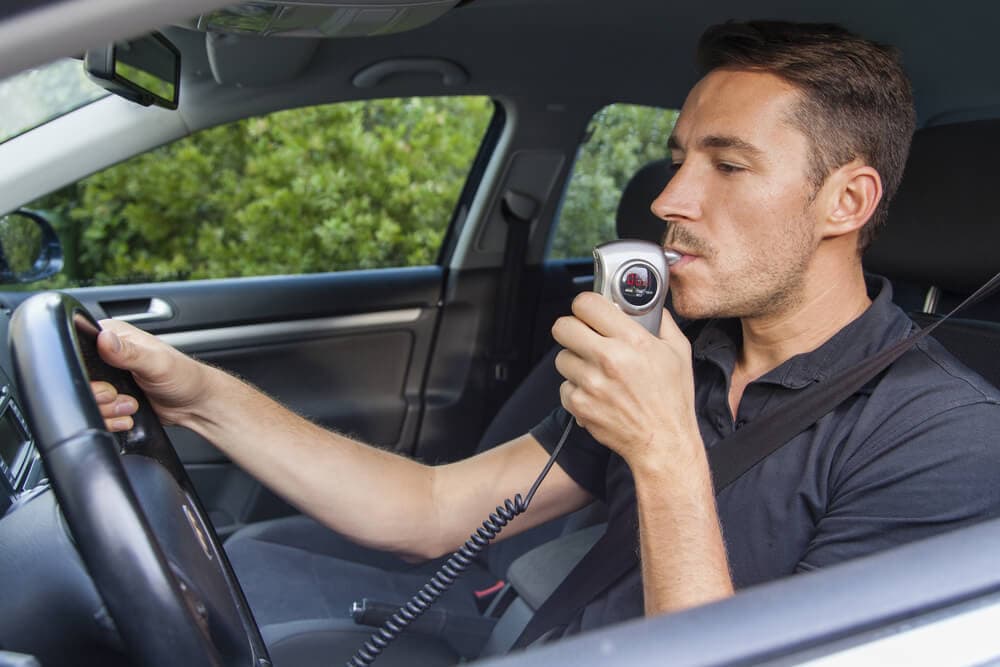What Your Customers Should Know About Ignition Interlock Devices

For many people, a DWI arrest and conviction is a mistake they will work to ensure never happens again. As an insurance agent, you have the opportunity to help a client with a DWI conviction get their life back on track by navigating the confusing world of car insurance in the aftermath of a drunken driving conviction. This includes requirements involving the installation of an ignition interlock device.
The requirement to maintain an ignition interlock device is only one of many consequences that can come with a DWI conviction. For that reason, some drivers might mistake the repercussions of a DWI conviction as an effect tied to the installation of their ignition interlock device. Unfortunately, these repercussions could last for as long as a DWI stays on your record.
What is an Ignition Interlock Device?

Before you can help a customer understand the impact an ignition interlock device might have on their policy, it is necessary to understand what purpose the device serves. According to the National Highway Safety Transportation Administration (NHTSA), an ignition interlock device connects to the engine of a motor vehicle. Before a driver can start the car and operate it, they must provide a breath sample in a tube located near the steering column. The engine will not start if the device registers a blood alcohol concentration (BAC) above zero.
The purpose of these devices is to ensure that motorists do not drive while under the influence of alcohol. Typically, these devices are only required for motorists who have recently been convicted of a DWI. However, most states require drivers to install and maintain an interlock device as a condition of securing a temporary license after a DWI arrest.
Research collected by the NHTSA suggests that the installation of ignition interlock devices dramatically reduces recidivism. Both first-time offenders and those with multiple DWI convictions are far less likely to drive while intoxicated again while an ignition interlock device is in place. While these devices are generally limited to individuals accused of driving while intoxicated, some experts have begun to advocate for these devices to come standard in new automobiles.
How an Interlock Impacts the Cost of Auto Insurance
Clearing up misconceptions about an interlock device is one of the ways you can help a customer secure the insurance they need. The impact of a DWI might not be felt immediately after an arrest. A driver could assume that an increase in their insurance rates shortly after installing the device could be related to the ignition interlock device.
In reality, insurance rates are likely to increase due to the DWI conviction. Whether a driver uses an interlock device or not, a DWI conviction is one of the leading causes of insurance premium increases. In fact, many drivers find that their insurance provider is no longer willing to insure them following a DWI. For obvious reasons, many insurance companies view a DWI as an indicator of a high-risk driver.
There is little that having an interlock device can do to improve insurance rates. To date, few insurance companies offer discounts for the use of interlock devices. The best way to serve your customers is to stay informed on the changing trends in the insurance industry. If these discounts become commonplace, you could provide your clients with one more way to save money.
Car Accidents and Interlock Devices
It is possible that you might also field questions about financial responsibility for the interlock device should a driver get involved in a collision. Many drivers secure full auto insurance coverage to ensure that there are funds available to pay for their repairs following an accident. However, motorists might wonder if this coverage extends to interlock devices.
Just like the vehicle itself, ignition interlock devices can become damaged or destroyed in a vehicle collision. What your customers might not realize is that these devices are not necessarily covered in their insurance policy. Most agreements with interlock providers require motorists to pay for any damage done to these devices. You can help a customer understand how their policy might impact damage to their interlock device.
SR22 Insurance Requirements
Another standard part of securing auto insurance coverage following a DWI arrest involves an SR22. In addition to getting a license back with an SR22, many states require this proof of financial responsibility for high-risk drivers that seek an ignition interlock device.
Your role as an insurance agent is to help the consumer understand what an SR22 is and when it might be necessary. This certificate of insurance coverage is typically an early step in a customer regaining their right to operate a motor vehicle following a DWI conviction.
You can provide customers with clear guidance on when an SR22 certification might be required before a driver qualifies for an ignition interlock device. This guidance could be crucial in helping a customer regain their ability to drive and get their life back on track.
Learn About Other Ways Bluefire Can Help
Helping a consumer understand the ins and outs of ignition interlock devices is only one of the ways an insurance agent might be able to help a person who has been convicted of DWI. There are countless complications that can come with these cases, including the need for high-risk car insurance.
Bluefire Insurance can help you better serve your clients. We can provide guidance and help you build relationships with clients that will last for years. Curious about what we have to offer? You can learn more about how joining the Bluefire team could benefit you and your customer by contacting us online or calling us today at (866) 424-9511.
Related Articles
-
August 7th 2023
The Top 10 Biggest Issues Auto Insurance Agents are Facing Today
In the post-pandemic world, insurance agents face numerous new challenges, as well as some old ones. In[...]
-
June 23rd 2025
How Bluefire Insurance Empowers Agents with Data and Insights to Sell Smarter
In today’s hyper-competitive insurance marketplace, you’re no longer just an agent. You’re also a data analyst, marketer,[...]
-
June 9th 2025
Challenges Independent Insurance Agents Face (and How Bluefire Solves Them)
As an independent insurance agent, you play a vital role in the insurance industry. You offer your[...]
-
May 19th 2025
The Power of Storytelling — How Personal Stories Can Help Sell Insurance
In the insurance industry, numbers matter, but stories sell. You already know that coverage options, deductibles, and[...]




